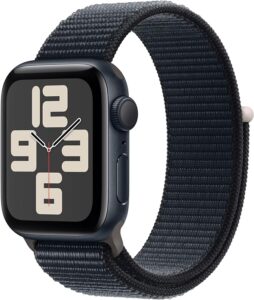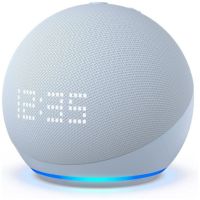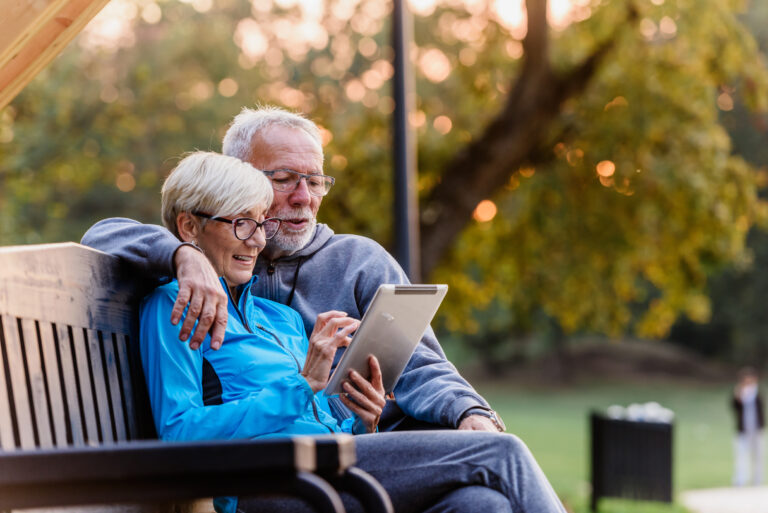Falls are one of the most common injuries and causes of hospitalisation for those over 65. It's the top cause of accidental injury in older Aussies, with around 1 in 4 clocking a fall per year.
6 out of 10 falls happen in and around the home. They're the result of poor lighting, slippery floors, and clutter. Wet floors, loose tiles, electrical cords, rugs, mats, and general clutter can result in a tumble.
Even when they don’t cause a life-altering injury, falls can cause a loss of confidence, especially if nobody is around to call for help.
If you've had a fall in the past year, talk to your healthcare provider for a risk assessment. You might be eligible for in-house help or an exercise program to keep your muscles strong.
We'd also reccommend booking an appointment with your doctor. Even though you might feel fine, a fall can be indicative of a new medical problem, a side effect of a new medication, or muscle weakness.
To prevent falls on slippery floors, ensure you wear non-slip or thin-soled shoes. Keep the floors dry and your living space well-lit to increase your visibility. Leaving a light on during the night can help, too. You might want to consider installing motion-sensor lights in the hallway or stairwell to prevent nighttime falls.
The findings of an article in the American Journal for Geriatric Psychiatry revealed that prolonged loneliness can put seniors at an increased risk of death, coronary heart disease, stroke, and cognitive decline.
Not only are seniors more vulnerable to the consequences of loneliness, but they’re dependent on family members or community services for physical and mental support. Without this support, they can fall victim to anxiety, depression, and paranoia.
Keep in contact with your family, friends, and loved ones. While technology can seem daunting for many seniors, it can streamline daily tasks and can bolster relationships with your children and grandchildren.
As the body gets older, it depends on medication to manage changes in biological function. Older people have set routines around which medication they take. Virtual assistants like Siri and Alexa can be used to set reminders, so you can remind your future self to take your medication. This lightens the mental load of having to remember which medications have or haven't been taken.
They can also be used to play music and make phone calls. Life can be difficult for older adults with dexterity, eyesight, or joint issues. These growing pains can make interacting with technology hard, especially if they’re related to a health condition or chronic disease. With virtual assistants, seniors can still reap the benefits of technology.
Even though there’s no substitute for the voice or the touch of a family member, using technology to pick up the slack can make older adults feel a little less lonely, especially if they live by themselves.





